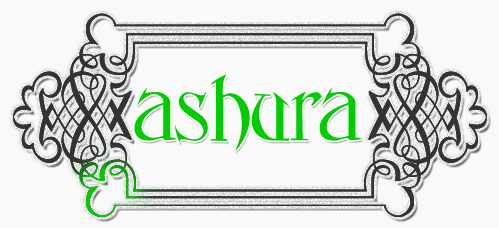Such a beautiful thread! love the tags and everything! Muharram Mubarak to all! Happy New Year! 🤗
We're facing a lot of atrocities in this world May Allah SWT erase the pain of millions of innocents who're suffering each second of the day! Ameen 😭❤️ May love wins over hate Ameen!
Stay blessed! Have a wonderful year ahead filled with love peace and happiness ! Ameen 🤗




















comment:
p_commentcount